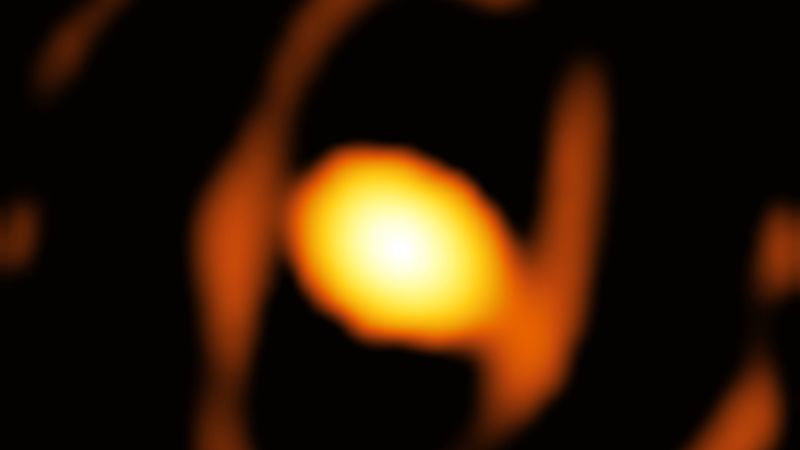
X-rays
X-rays are a form of electromagnetic radiation with wavelengths shorter than ultraviolet light. They are produced by the collision of high-energy electrons with a target material, typically a metal. In space and astronautical engineering, X-rays are used for a variety of purposes, including medical imaging of astronauts, detection of black holes and other high-energy phenomena in the universe, and non-destructive testing of spacecraft components. X-ray telescopes are used to study the high-energy universe, and X-ray diffraction is used to analyze the crystal structure of materials. However, X-rays can also be harmful to living organisms, including humans, and precautions must be taken to limit exposure.
Your Previous Searches
Random Picks
- Cutting Instruments: Cutting instruments in space and astronautical engineering refer to a variety of tools and devices used to cut, shape, and manipulate materials in space. These instruments are essential for construction, repair, and maintenance of spacecraf ... Read More >>
- MSFC (Marshall Space Flight Center): Marshall Space Flight Center (MSFC) is one of NASA's largest field centers, located in Huntsville, Alabama. It was established in 1960 to develop the Saturn launch vehicles for the Apollo program. Today, MSFC is responsible for the design, ... Read More >>
- Spider: In space and astronautical engineering, a spider is a type of robotic arm used for various purposes such as capturing and manipulating objects, performing maintenance tasks, and assisting astronauts during spacewalks. The spider arm typical ... Read More >>
Top News

First close-up image of a star beyond our galaxy may reveal impending supernova...
Astronomers have taken the first close-up image of a star beyond our galaxy, and it’s a “monster star” surrounded by a cocoon as it slowly dies....
News Source: CNN on 2024-11-21

Bestselling author explains the science of happiness: "You can do the work"...
Bestselling author and Harvard professor Arthur Brooks opens up about how enjoyment, satisfaction and meaning in life can increase a person's wellbeing....
News Source: CBS News on 2024-11-18

November's full moon, known as the Beaver Moon, is the last supermoon of 2024. H...
November's full moon, known as the Beaver Moon, is the last supermoon of 2024. Here's when it peaks and why it's called the Beaver Moon....
News Source: CBS News on 2024-11-15

You can't put a price on the sense of awe particle physics inspires...
Astronomy and particle physics are no longer seen as vital by the US establishment, so funding has fallen. But our work creates a sense of wonder, and wonder matters, says Chanda Prescod-Weinstein...
News Source: New Scientist on 2024-11-13

If you want to stretch your gift game into days this holiday, check out these ad...
The advent calendar phenomenon is growing every year, with so many exciting, fun, beautiful, and delicious options available...
News Source: ABC News on 2024-11-04